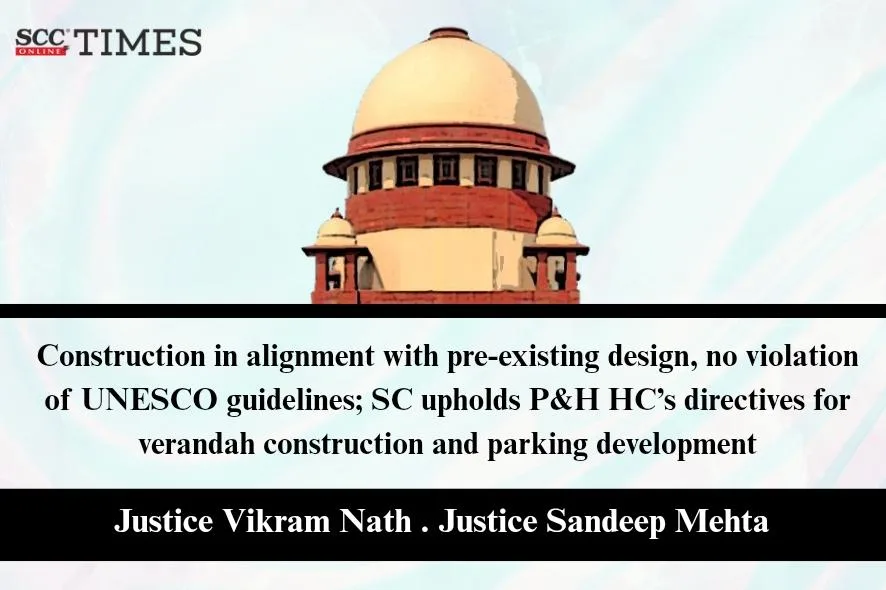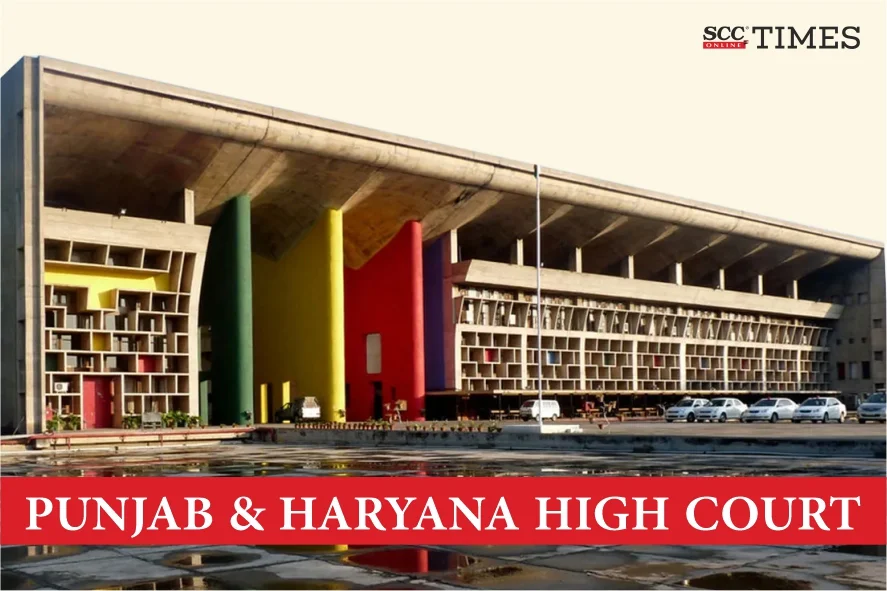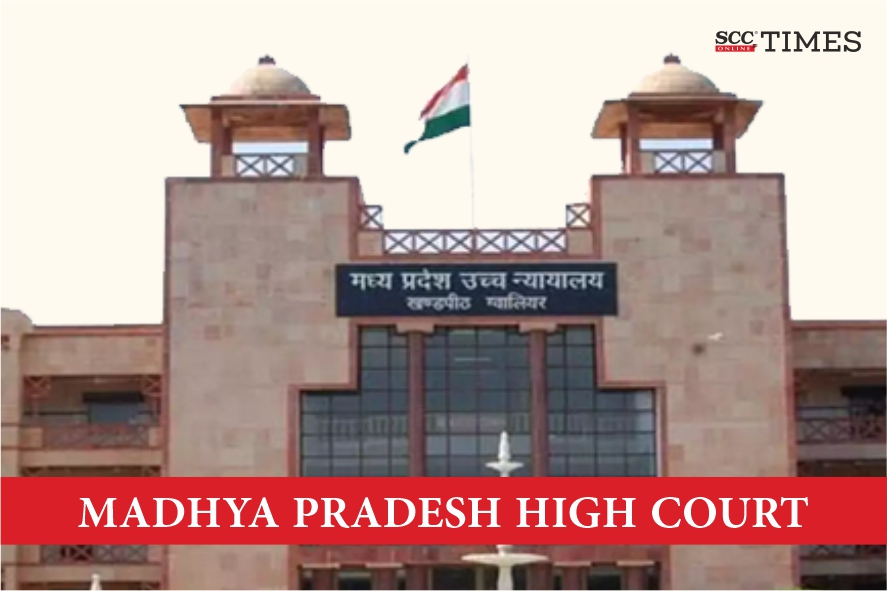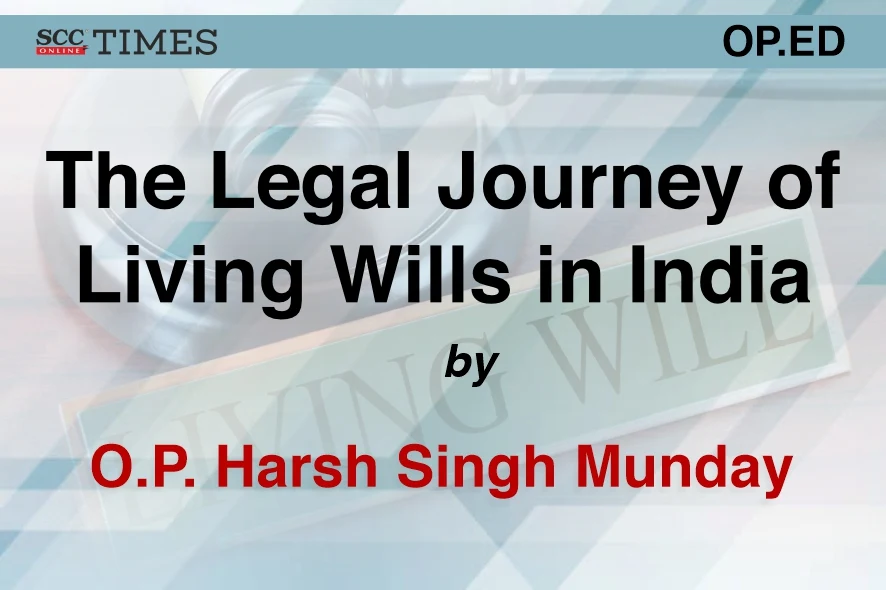Supreme Court: The Bench of J. Chelameswar and Abhay Manohar Sapre, JJ said that no right or liability can be created by a repealing enactment, which is inconsistent with the rights and obligations conferred under the repealed Act unless the repealing enactment makes an express declaration to that effect or adopts some other technique known to law to achieve that purpose. Giving retrospective effect to the repealing enactment is one of the techniques by which the legislature seeks to achieve that purpose.
The Court was hearing the matter relating to removal of the chairman of the Mehsana District Co-operative Milk Producers Union Ltd under Section 76-B of the Gujarat Co-operative Societies Act, 1961 for the period of 6 years. Originally the Section provided for disqualification only for four years. But the “four years” period was substituted by “six years” period by the Gujarat Co-operative Societies (Amendment) Act, 2015. Hence, the question before the Court was whether the period of disqualification of six years is consistent with law.
The Court noticed that Section 7 of the Gujarat General Clauses Act, 1904 provides that where an enactment is repealed by a subsequent enactment, the repeal does not normally affect any investigation or legal proceedings in respect of any right, privilege, obligations, liability, penalty, forfeiture or punishment and any legal proceeding initiated during the currency of the repealed enactment could be continued as if the repealing Act has not been passed. It was further explained that repeal could be either of the entire enactment or a part of it. Substitution of parts of an enactment is nothing but pro tanto to repeal those parts.
It was held that normally when an enactment is repealed, any action initiated under that enactment dealing its currency should lapse because the authority of law for action initiated under an enactment ceases to exist on its repeal rendering the continuation of action without authority of law. However, Section 7 of the General Clauses Act seeks to preserve various rights and obligations acquired or incurred under repealed enactments. [Vipulbhai Mansingbhai Chaudhary v. State of Gujarata, 2017 SCC OnLine SC 410, decided on 17.04.2017]











